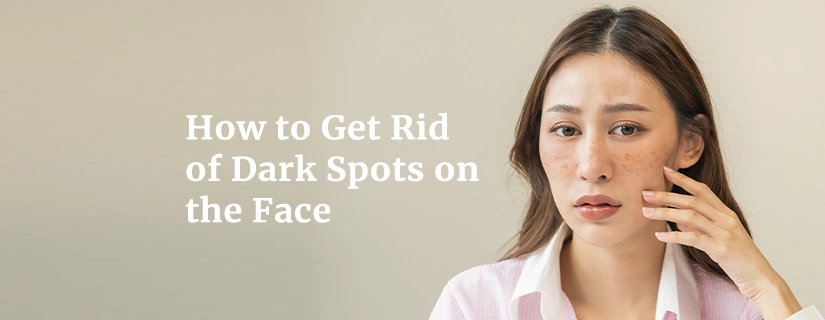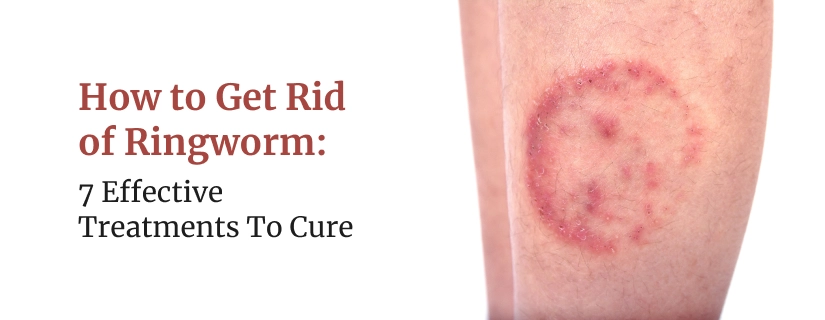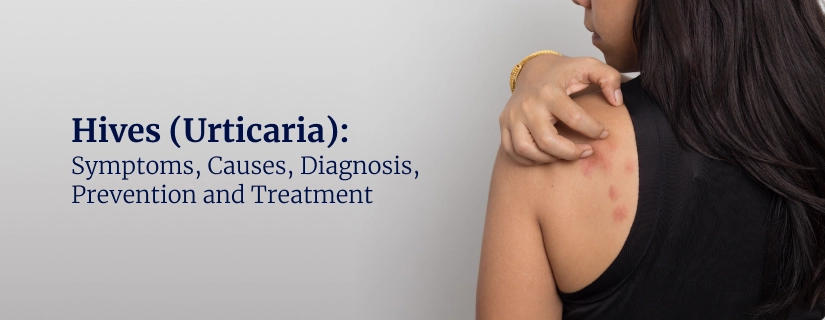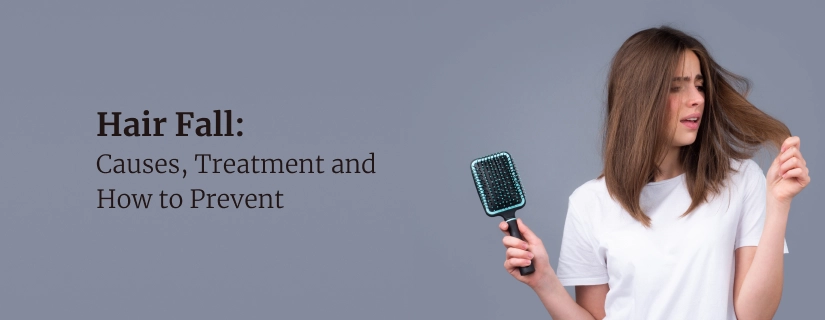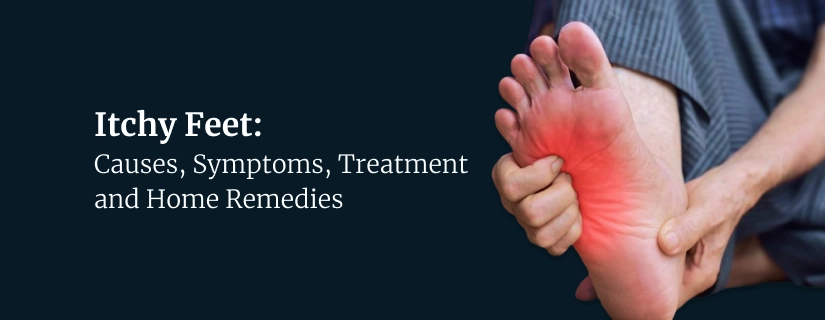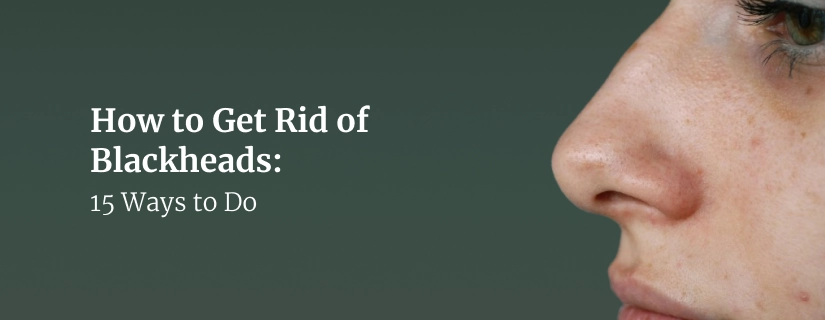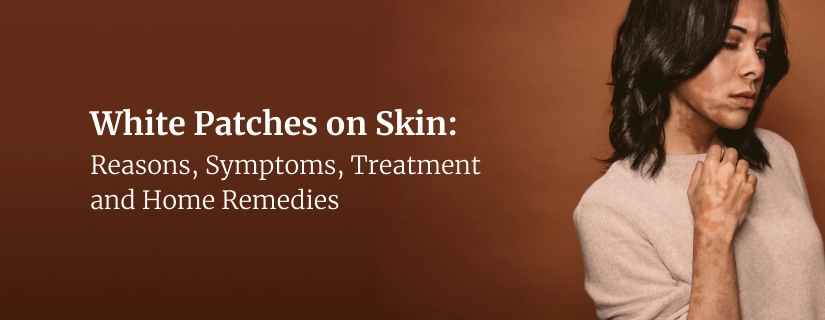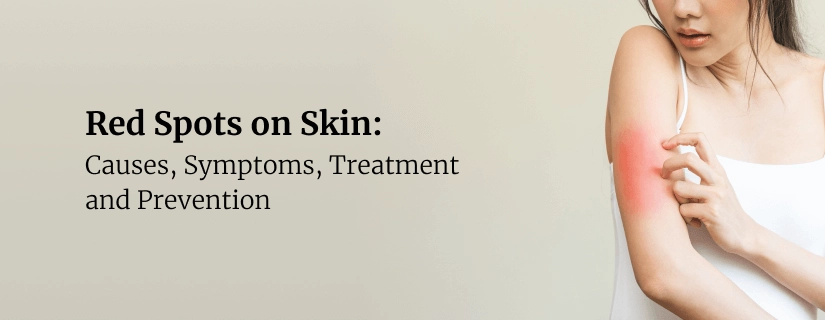-
Doctors
-
Specialities & Treatments
Centre of Excellence
Specialties
Treatments and Procedures
Hospitals & Directions HyderabadCARE Hospitals, Banjara Hills CARE Outpatient Centre, Banjara Hills CARE Hospitals, HITEC City CARE Hospitals, Nampally Gurunanak CARE Hospitals, Musheerabad CARE Hospitals Outpatient Centre, HITEC City CARE Hospitals, Malakpet
HyderabadCARE Hospitals, Banjara Hills CARE Outpatient Centre, Banjara Hills CARE Hospitals, HITEC City CARE Hospitals, Nampally Gurunanak CARE Hospitals, Musheerabad CARE Hospitals Outpatient Centre, HITEC City CARE Hospitals, Malakpet Raipur
Raipur
 Bhubaneswar
Bhubaneswar Visakhapatnam
Visakhapatnam
 Nagpur
Nagpur
 Indore
Indore
 Chh. Sambhajinagar
Chh. SambhajinagarClinics & Medical Centers
Book an AppointmentContact Us
Online Lab Reports
Book an Appointment
Consult Super-Specialist Doctors at CARE Hospitals
Skin Problems in Winter and How to Deal with Them
Updated on 11 February 2020

Is your skin feeling dry and tight or itchy and flaky? The cold weather is here and you may feel relieved that your summer tan has faded. But then so has your skin's natural moisture. The unforgiving dry air of winters tends to strip your skin of its protective oils and cause winter skin problems. The result? Chapped lips, itchy skin and cracked heels.
Why are skin problems common during winter?
In winter skin disorders are common due to low humidity, cold temperatures, and harsh weather conditions that can damage the skin's natural layer. Winter poses a challenge for skin health since hot showers, less sun exposure, and inadequate hydration aggravate dryness and make skin more prone to problems.
7 Common Winter Skin Problems And Their Fixes
So it’s once again time to take extra care of your skin and stay on the watch for skin problems in winter. Let's see what are the most common threats to your skin in the winter months ahead and what you can do to deal with them. Let's look at some skin problem solutions and fixes.
1. Chapped Lips: None of us is immune from dry lips in winter! Here’s how to cope: Drink plenty of water to stay hydrated and use a humidifier at home if possible. Apply beeswax or petroleum jelly liberally on your lips. Put on lip balm or lipstick with sunscreen every time you step outside. Don't lick your lips to hydrate them -- it may feel better briefly, but it only makes chapped lips worse moments later.
Prevention:
- Stay Hydrated: Drink plenty of water to keep your body and lips hydrated. Dehydration can contribute to dry and chapped lips.
- Use Humidifier: Utilize a humidifier at home to add moisture to the air, especially in dry winter conditions.
- Lip Balm Application: Apply beeswax or petroleum jelly liberally on your lips to lock in moisture and prevent dryness.
- Sunscreen Protection: Use lip balm or lipstick with sunscreen every time you go outdoors to protect your lips from UV rays.
- Avoid Licking Lips: Refrain from licking your lips, as saliva can further dry out the skin, making chapped lips worse.
2. Cracked Heels: Painful, cracked heels are a recurring problem in winters. They are often caused by dry skin and get worse in dry winters. Keep your feet healthy and sufficiently moisturized by applying petroleum jelly on cracked heels, covering them with plastic wrap, and putting on a pair of socks.
Prevention:
- Moisturization: Apply petroleum jelly on cracked heels, cover them with plastic wrap, and wear socks to lock in moisture.
3. Dry Hands: Your hands may be hard-hit by the cold winter air and water. Washing your hands frequently is necessary to eliminate cold and flu germs, but it also increases dryness. Give dry hands the much-needed care this winter by using a glycerin-based moisturizer in the morning, before going to bed, and any time during the day when your hands feel dry. And don't forget to wear gloves every time you go out.
Prevention:
- Glycerin-based Moisturizer: Use a glycerin-based moisturizer in the morning, before bedtime, and throughout the day to combat dryness.
- Glove Protection: Wear gloves when going outdoors to shield your hands from the cold and wind.
4. Eczema: Eczema refers to a type of skin inflammation marked by dry, reddened skin that itches or burns. It can flare up in winters. Stay protected by moisturizing frequently with an oil-based ointment that contains sunscreen. Sweating and overheating can also trigger the itching, so wear your layers accordingly. You may seek advice from the best dermatologist in Hyderabad and other cities for prescription treatments.
Prevention:
- Frequent Moisturizing: Moisturize frequently with an oil-based ointment containing sunscreen to protect against dry, reddened skin.
- Appropriate Clothing: Dress in layers to avoid overheating, which can trigger itching in eczema-prone skin.
5. Psoriasis: Psoriasis is more serious than dry skin. It is caused when the immune system is unable to control the build-up of skin cells. Dry air, cold weather and lack of sunlight can make it worse. For prevention, follow short, lukewarm shower routines, and use lots of moisturizers and also humidifiers throughout the house. Do consult a skin specialist in India about the best treatments for you.
Prevention:
- Short, Lukewarm Showers: Follow short, lukewarm shower routines to prevent exacerbating psoriasis symptoms.
- Moisturization and Humidifiers: Use moisturizers and humidifiers to combat dry air and maintain skin health.
6. Itchy, dry skin: This is extremely common once the air becomes drier and cooler. Eating a healthy diet as well as drinking plenty of fluids is very important. Use lukewarm water and a gentle, super-fatted soap in the shower. Remember, hot water is for removing grease from pots and pans, not your skin. Lock in the moisture after your bath by gently patting the skin dry and applying moisturizer, preferably a glycerin-based moisturizer and not just some watery lotion high on fragrance. Reapply moisturizer throughout the day whenever required, especially on excessively dry skin patches. Avoid being out in the sun and wind for too long. Whenever you do, apply winter sunscreen moisturizer before stepping out.
Prevention:
- Healthy Diet and Hydration: Consume a nutritious diet and stay well-hydrated to support overall skin health.
- Gentle Cleansing: Use lukewarm water and a gentle, super-fatted soap in the shower to avoid stripping the skin of natural oils.
- Moisturize Effectively: Apply a glycerin-based moisturizer after bathing and reapply throughout the day on dry skin patches.
7. Dandruff: Scalp irritation, dandruff, and skin flaking can occur at any time, but typically flares up in winter. For the scalp, it’s beneficial to use anti-dandruff shampoos. Excess shampooing can strip away the hair's inherent moisture in winter. So wash your hair every 2-3 days instead of daily. Apply conditioner to keep your hair hydrated, soft, and shiny. Avoid over-styling with the blow dryer or flat iron and protect your hair from the elements by wearing a hat. Consult the best dermatology hospital in India if dandruff persists.
Prevention:
- Anti-Dandruff Shampoos: Use anti-dandruff shampoos to manage scalp irritation and flaking.
- Limit Shampooing: Wash hair every 2-3 days instead of daily to prevent stripping natural moisture.
- Condition Hair: Apply conditioner regularly to keep hair hydrated and prevent dryness.
- Protective Styling: Avoid excessive use of styling tools and protect hair from the elements by wearing a hat.
Final thoughts:
To combat common winter skin problems, moisturize regularly, adjust your skincare routine, stay hydrated, and protect your skin from harsh weather conditions. These measures will help maintain healthy skin in colder months.

ENQUIRY FORM
SELECT CATEGORIES
-
Neurosciences (16)
-
Neurology (37)
-
Neurosurgery (14)
-
Orthopaedics (48)
-
Oncology (33)
-
Obstetrics and gynecology (52)
-
Pulmonology (23)
-
Urology (20)
-
Nephrology (13)
-
Psychiatry (7)
-
Dietetics and Nutrition (111)
-
General Medicine (63)
-
Cardiac Sciences (32)
-
Vascular & Endovascular Surgery and Interventional Radiology (15)
-
Gastroenterology (46)
-
Endocrinology (23)
-
Plastic Surgery (10)
-
Critical Care Medicine (5)
-
COVID-19 (16)
-
Dermatology (16)
-
Emergency Care (1)
-
Ophthalmology (4)
-
Pediatrics (14)
-
Laparoscopic and Bariatric Surgery (8)
-
ENT (15)
-
Kidney Transplant (1)
-
Liver Transplantation and Hepatobiliary Surgery (5)
-
General Surgery (3)
-
Internal Medicine (5)
-
Medicine Information
Tips to Prevent Hair Fall in Monsoon
YOU MAY ALSO LIKE
RECENT BLOGS
-

Preterm Birth (Premature Birth): Symptoms, Causes, Treatment and Prevention
13 May 2025
Read More
-

Rotablation Angioplasty: Benefits, Treatments, And Recovery Time
9 May 2025
Read More
-

What Is The Difference Between IUI and IVF?
9 May 2025
Read More
-

Venous Malformations: Causes, Symptoms, and Treatment
30 April 2025
Read More
-

Varicose Vein Foam Sclerotherapy: Treatment, Benefits, and Procedure
30 April 2025
Read More
-

Radiofrequency (RF) Ablation Treatment for Varicose Veins: Know More
30 April 2025
Read More
-

Varicose Vein Sclerotherapy: Treatment, Benefits, and Procedure
30 April 2025
Read More
-

Varicose Vein Endovenous Laser Ablation: Procedure, Benefits, Risks
30 April 2025
Read More
Have a Question?
If you cannot find answers to your queries, please fill out the enquiry form or call the number below. We will contact you shortly.





